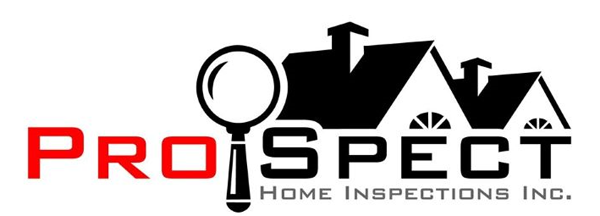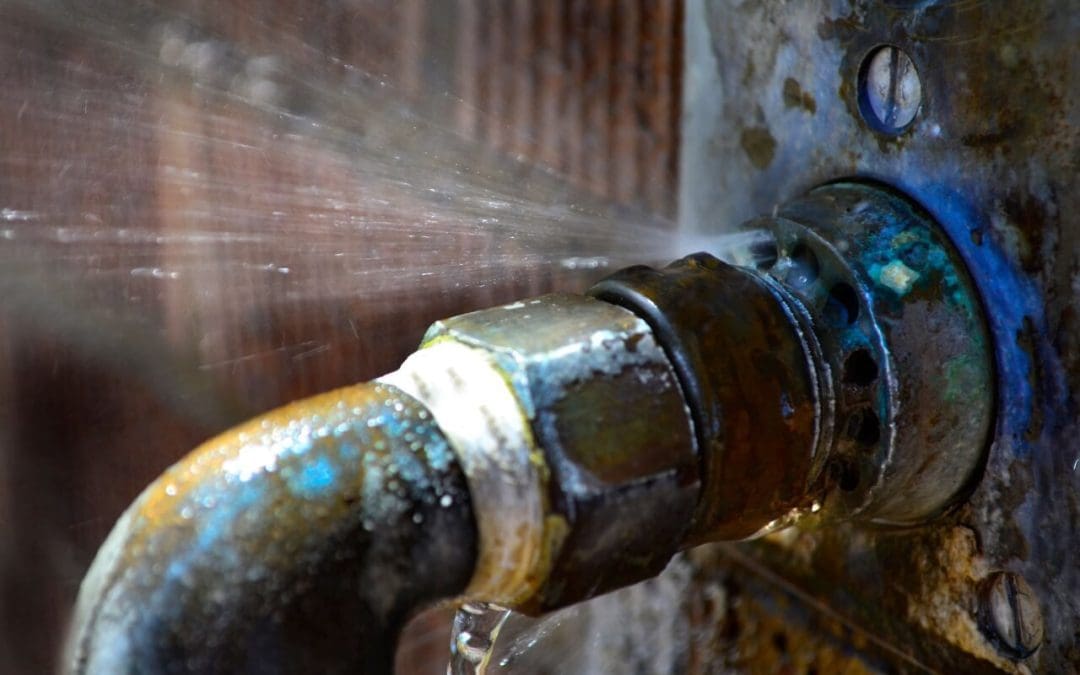Water damage can be a homeowner’s nightmare, causing costly repairs and long-term structural issues. Fortunately, you can take several proactive steps to protect your home from water damage. This guide will walk you through essential strategies to prevent residential water damage.
Regular Maintenance and Inspections to Prevent Residential Water Damage
Regularly inspect your home for signs of potential water damage. Check your roof for missing or damaged shingles and ensure your gutters and downspouts are debris-free. Look for leaks around windows and doors and repair any caulking or weatherstripping. Inspect plumbing fixtures, appliances, and water heaters inside your home for signs of leaks or corrosion.
Proper Landscaping and Drainage
Ensure that your landscaping directs water away from your home. The ground should slope away from your foundation to prevent water from pooling around the base. Install a French drain or a sump pump to manage excessive groundwater if necessary. Avoid planting trees or large shrubs too close to your home, as roots can damage your foundation and underground pipes.
Install Water Alarms and Automatic Shutoff Systems
Water alarms can alert you to leaks or flooding in areas prone to water damage, such as basements, bathrooms, and kitchens. These devices are relatively inexpensive and can provide early warning before significant damage occurs. For added protection, consider installing an automatic shutoff system that detects leaks and shuts off your water supply to prevent extensive damage.
Protect Your Basement to Prevent Residential Water Damage
Basements are particularly susceptible to water damage. Ensure your basement is properly waterproofed by sealing cracks in the foundation and walls. Install a sump pump to manage water accumulation and consider adding a battery backup system to keep it operational during power outages. Regularly test your sump pump to ensure it’s working correctly.
Maintain Your Plumbing System
Your plumbing system is a critical line of defense against water damage. Regularly inspect pipes for signs of leaks or corrosion and replace any damaged sections promptly. Insulate exposed pipes to prevent freezing during cold weather, which can cause pipes to burst. Schedule annual professional inspections to identify potential issues before they become major problems.
Monitor Your Water Bill
An unexplained increase in your water bill can be an early indicator of a hidden leak. Monitor your water usage and investigate any significant changes. If you suspect a leak but can’t find the source, consider hiring a professional plumber to perform a thorough inspection.
Install Gutter Guards to Prevent Residential Water Damage
Gutter guards can prevent leaves, twigs, and other debris from clogging gutters and downspouts. Clogged gutters can cause water to overflow and pool around your foundation, leading to water damage. Regularly clean and maintain your gutters to ensure they function correctly.
Check Your Home’s Humidity Levels
High humidity levels can lead to condensation and mold growth, which can cause water damage over time. Use dehumidifiers in areas prone to excess moisture, such as basements and bathrooms. Ensure proper ventilation by using exhaust fans in kitchens and bathrooms to reduce humidity.
Repair Leaks Immediately to Prevent Residential Water Damage
Even minor leaks can lead to significant water damage if left unaddressed. Repair any leaks as soon as you notice them, whether from a dripping faucet, a running toilet, or a leaking pipe. Prompt repairs can prevent minor issues from becoming expensive problems.
Know Your Insurance Policy
Understand what your homeowner’s insurance policy covers in terms of water damage. Some policies may not cover certain types of water damage, such as flooding from natural disasters. Consider purchasing additional coverage if necessary to ensure you are adequately protected.
Preventing residential water damage requires vigilance and regular maintenance. By taking proactive steps, you can protect your home from the devastating effects of water damage and save yourself from costly repairs and potential health hazards. Regular inspections, proper landscaping, and timely repairs are crucial to keeping your home safe and dry.
Residential Water Damage FAQs
What are some early signs of water damage in a home?
Early signs of water damage include discoloration or stains on walls and ceilings, a musty odor, peeling paint or wallpaper, warped flooring, and unexplained dampness in carpets or drywall.
What kind of professional help is available for water damage prevention?
Professionals such as plumbers, waterproofing specialists, and home inspectors can provide valuable services for water damage prevention. They can perform detailed inspections, recommend preventive measures, and handle repairs.
Can water damage cause health problems?
Yes, water damage can lead to mold growth, which can cause respiratory issues, allergies, and other health problems. It’s essential to address water damage promptly to prevent mold and maintain a healthy living environment.
Is it necessary to have a professional inspect my plumbing system regularly?
While regular self-inspections are important, having a professional inspect your plumbing system annually can help identify problems you might miss. A professional can offer expert advice and perform maintenance tasks that ensure your system functions optimally.
Pro Spect Home Inspections offers inspections to customers in Citrus, Hernando, Pasco, Hillsborough, and Pinellas counties. Contact us to schedule our services.

